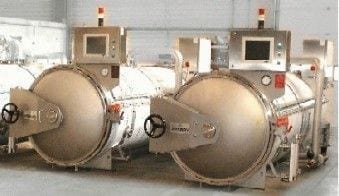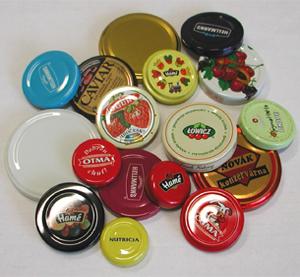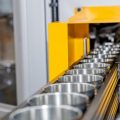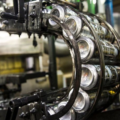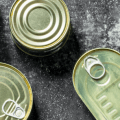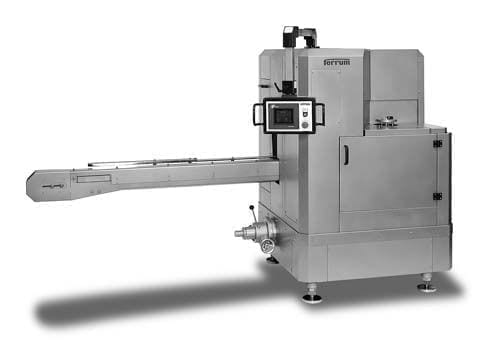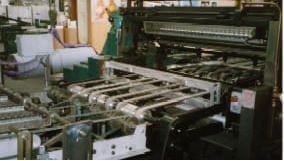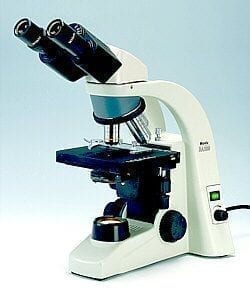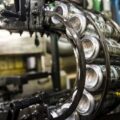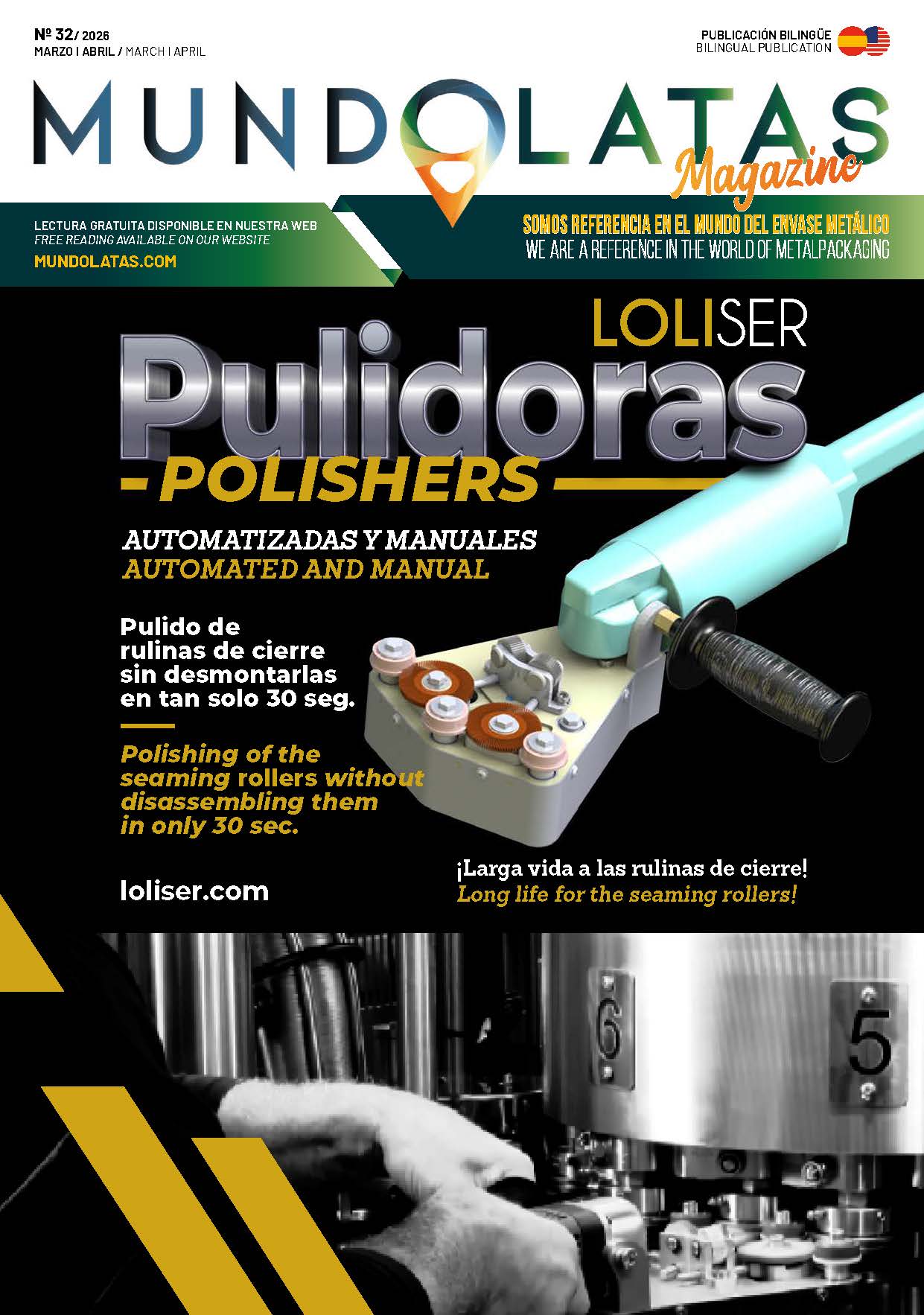Introduction
The autoclaving process is essential in the canning industry to ensure proper sterilization and preservation of canned products. However, sometimes cans can collapse out of the autoclave, affecting the quality and safety of the product. This white paper analyzes the possible causes of this problem and offers solutions to avoid it.
- Quality and strength of cans
One of the main causes of the collapse of cans in the autoclave is the reduction in the quality and resistance of the material used in their manufacture. Reducing metal thickness to save costs may compromise the cans’ ability to withstand the pressure and temperature in the autoclave.
Solution: Ensure adequate material thickness and maintain the quality of the cans in the manufacturing process. If a collapse problem is detected, a batch with thicker cans can be run to see if the problem is resolved.
- Equipment used in heat treatment
Equipment used in the autoclave, such as baskets, cars, gondolas, can separators, racks and so on, should be evaluated frequently to ensure that they are not broken or damaged. The presence of tips, poorly polished solder or sharp edges can slightly puncture or damage the containers, leading to possible contamination by infiltration.
Solution: Regularly inspect and maintain the autoclave equipment to avoid damage to the cans. It is also important to check can washers, can palletizers, depalletizers and other equipment in contact with cans.
- Insufficient back pressure in the autoclave
If the back pressure in the autoclave is not sufficient, the cans may swell during the process and then collapse upon cooling. This may be due to changes in the strength of the can material that have not been communicated to the autoclave operator.
Solution: Ensure adequate communication between can manufacturers and autoclave operators to adjust backpressure according to can characteristics. Monitor and adjust the back pressure according to the results obtained.
- Modern technologies and surface protection
Modern technologies, such as high-speed air steam circulation with a fan or water mixers, can cause deterioration of poorly protected can lids or seams in the form of lacquer erosion.
Solution: Use hybrid retorts that combine the advantages of steam and air processes, as well as water immersion, to minimize the impact on can surface protection. Ensure a good quality in the protection of the surface of the cans to avoid erosion problems.
Conclusion
Can collapse in the autoclave can be due to multiple factors, such as can quality and strength, equipment maintenance, proper back pressure and surface protection. Identifying and addressing these causes is essential to ensure the quality and safety of canned products.

